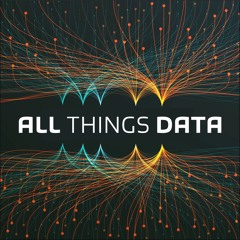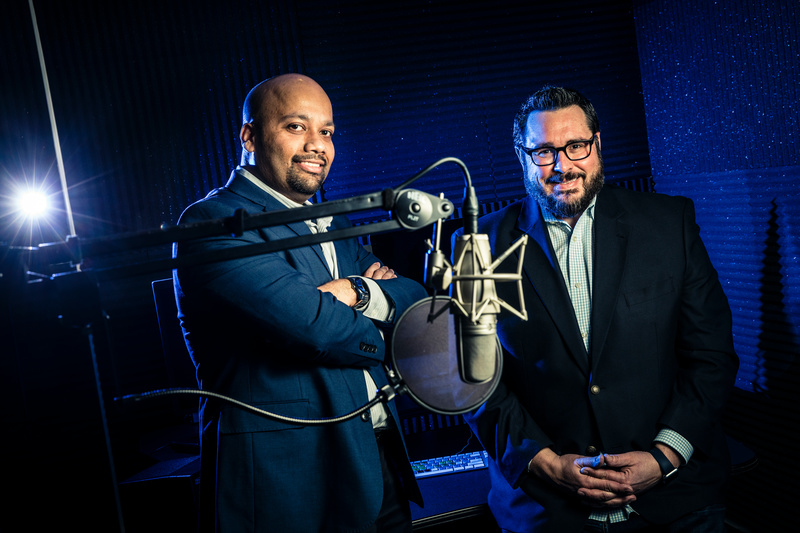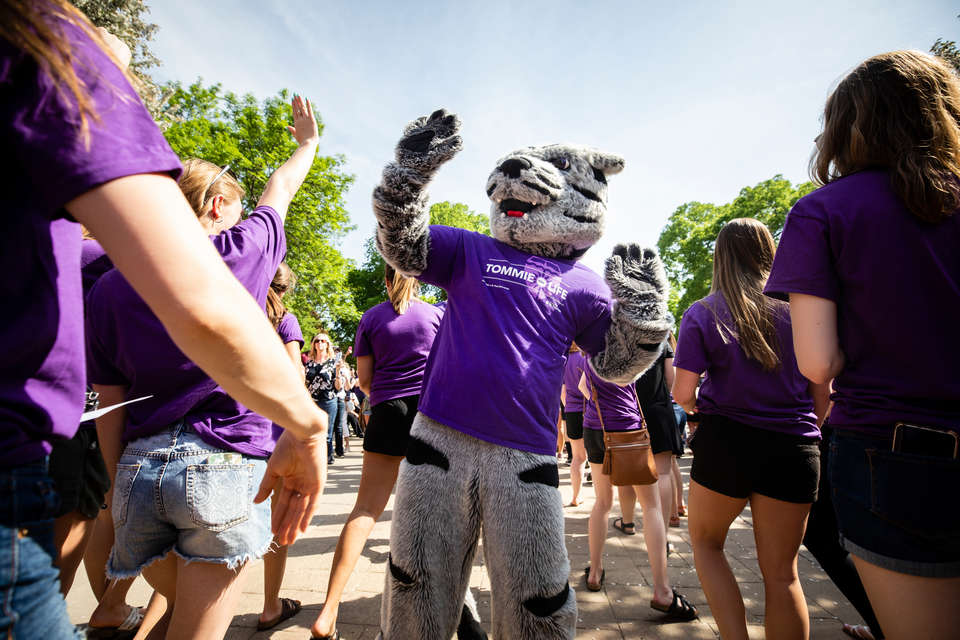
In the ever-evolving technology landscape, data analytics and data strategy continue to play a larger role in economics and business models. Director of the Center for Applied Artificial Intelligence at the University of St. Thomas, Dr. Manjeet Rege, co-hosts the "All Things Data" podcast with adjunct professor and Innovation Fellow Dan Yarmoluk. The podcast provides insight into the significance of data science as it relates to business models, business economics and delivery systems. Through informative conversation with leading data scientists, business model experts, technologists, and futurists, Rege and Yarmoluk discuss how to utilize, harness, and deploy data science, data-driven strategies, and enable digital transformations.
Dr. David Bauer has worked in the U.S. intelligence community since 2005 and was a leader in developing areas for study in Exa-scale computing at the Defense Advanced Research Projects Agency (DARPA). He currently is the head of research and product development in artificial intelligence and deep learning at BOSS AI.
Here are some highlights from their conversation.
Q. Can you describe a scenario where the insights are being called using BOSS AI's tool set to industries today?
A. One of the areas that we're working very frequently on are the analytics - being able to identify people, places, things. The problem becomes that the actionable intelligence that you get from that data is lessened as time goes on. It's very key to be able to act upon that data in a timely manner. What federated machine learning allows us to do is collect different types of data that may come from a data entry system in one part of the world, and combine that with other features in other parts of the world.
Q. Can you differentiate between federated machine learning and ensemble machine learning?
A. The key aspect with federated machine learning is that your data is not located in the same spot. When we talk about federated machine learning we're talking about two primary forms: horizontal and vertical. Horizontal is when all of the rows of your data share a common feature set. Vertical learning is actually much more exciting, where you are leveraging features, but the features are different across each of those data centers. What I'm able to do with vertical learning is take all of those features together and be able to train across those records. What's exciting about that is you don't have to transfer the data systems in order to do that.







